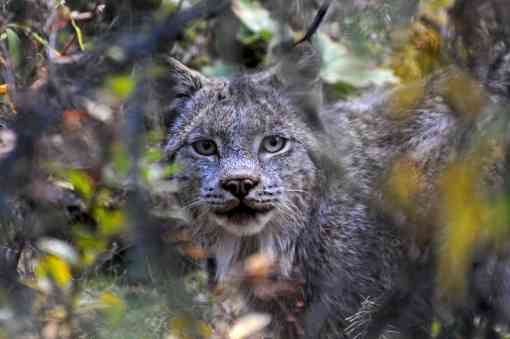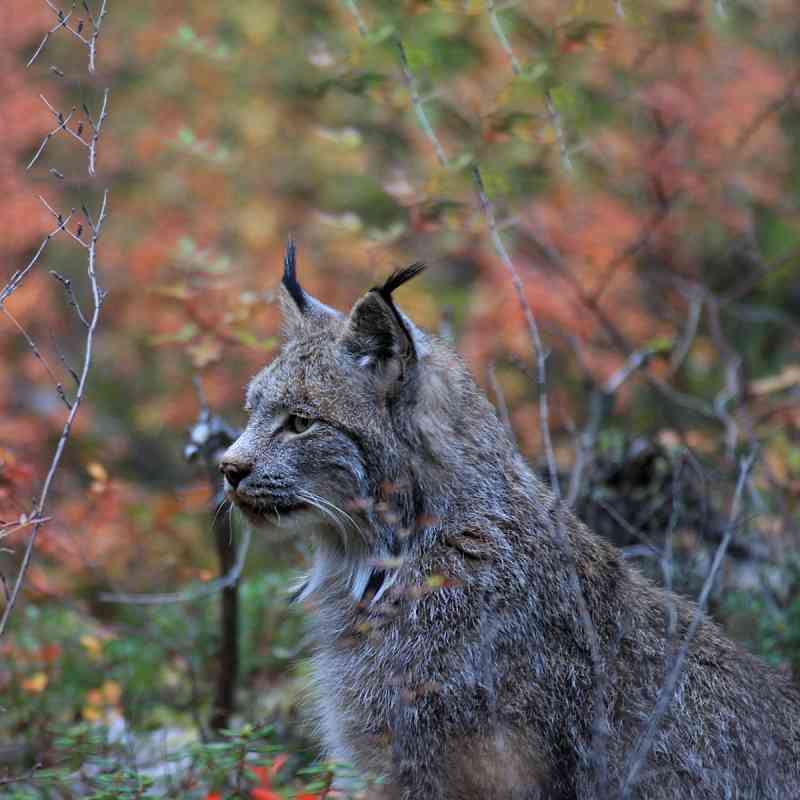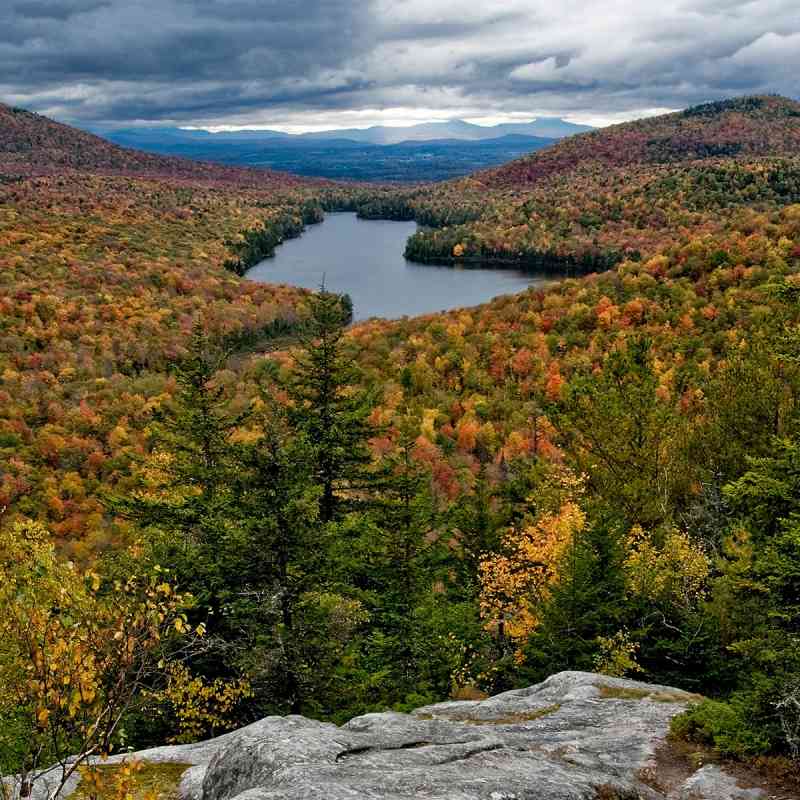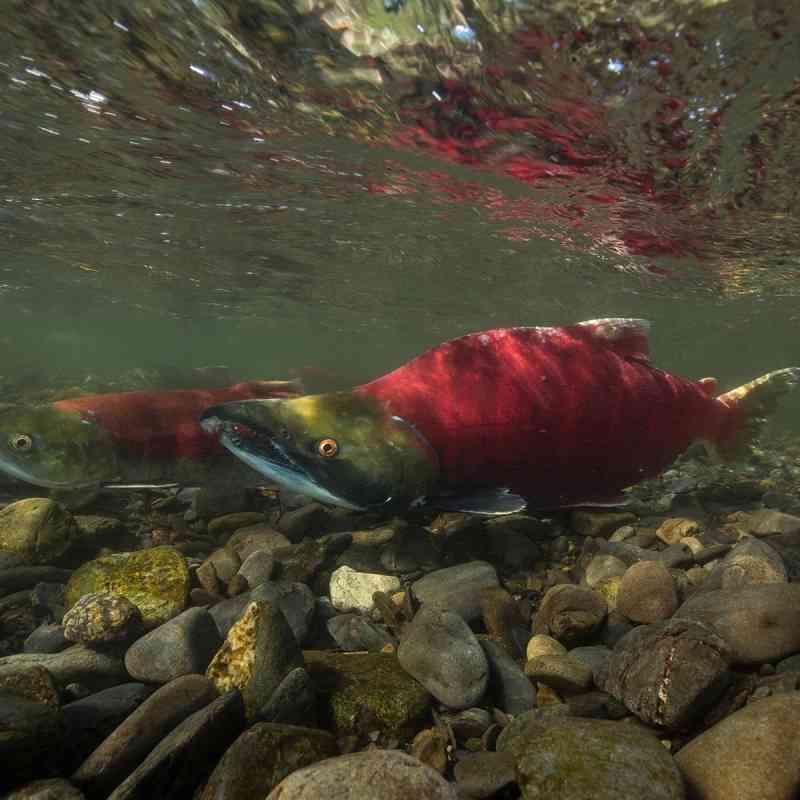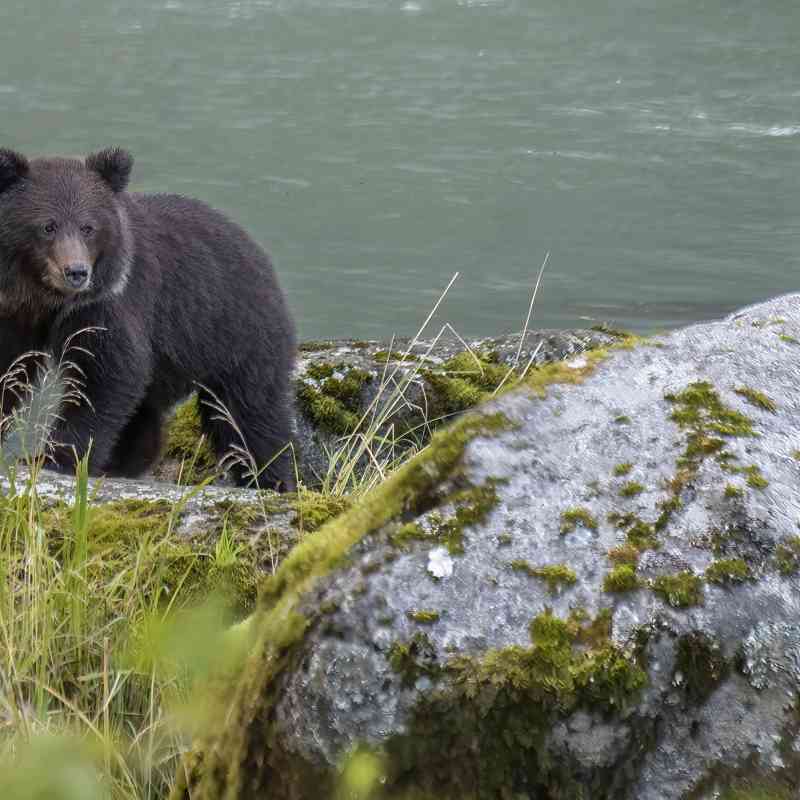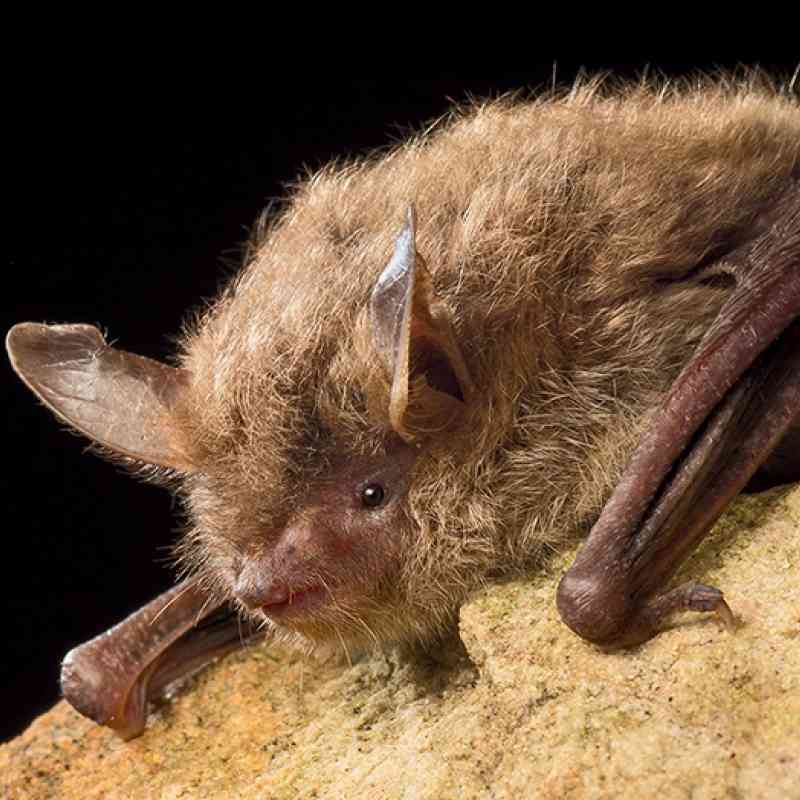Tweet“Our national forests and grasslands are struggling to keep up with additional pressure from the impacts of climate change. Given the escalating biodiversity and climate crises the country is facing, the Forest Service has an unrivaled opportunity to take action to conserve the long-term health of these ecosystems and to help ensure a future safe haven for more than 100 threatened and endangered species who rely on these essential habitats for survival.”
Defenders of Wildlife today submitted its comments to the U.S. Forest Service as part of a public comment period to inform new policies that improve climate resiliency of mature and old-growth forests.
“Our national forests and grasslands are struggling to keep up with additional pressure from the impacts of climate change,” said Jamie Rappaport Clark, president and CEO, Defenders of Wildlife. “Given the escalating biodiversity and climate crises the country is facing, the Forest Service has an unrivaled opportunity to take action to conserve the long-term health of these ecosystems and to help ensure a future safe haven for more than 100 threatened and endangered species who rely on these essential habitats for survival.”
America’s mature and old-growth forests are critical carbon sinks and biodiversity strongholds that provide essential habitat for hundreds of imperiled species across the country. They are increasingly under attack, however, from human threats of logging, grazing, and illegal recreation.
“These human threats and actions are destroying habitats for threatened and endangered species like the Canada lynx, Mexican spotted owl, pacific salmon and Virginia big-eared bat,” Clark continued. “If left unchecked, this will ultimately push forests, grasslands, and threatened and endangered species to the brink of extinction.”
To stem significant biodiversity loss that is affecting the health of wildlife, people, and the planet, Defenders provided detailed comments with specific recommendations to strengthen the proposed rule, including:
- Prescriptions for managing mature and old-growth forest toward “ecological integrity” that provides quality habitat for old forest dependent species and increases carbon sequestration and storage.
- Integration of imperiled species safeguards, including robust monitoring to quickly assess and adapt management when at-risk forest plant and animal populations show signs of decline.
- Exclusions of commercial logging and roadbuilding in old-growth forest areas.
- Provisions that restore and protect mature forests to enhance their development into old-growth forests.
Defenders of Wildlife is celebrating 75 years of protecting all native animals and plants in their natural communities. With a nationwide network of nearly 2.2 million members and activists, Defenders of Wildlife is a leading advocate for innovative solutions to safeguard our wildlife heritage for generations to come. For more information, visit defenders.org/newsroom and follow us on Twitter @Defenders.
